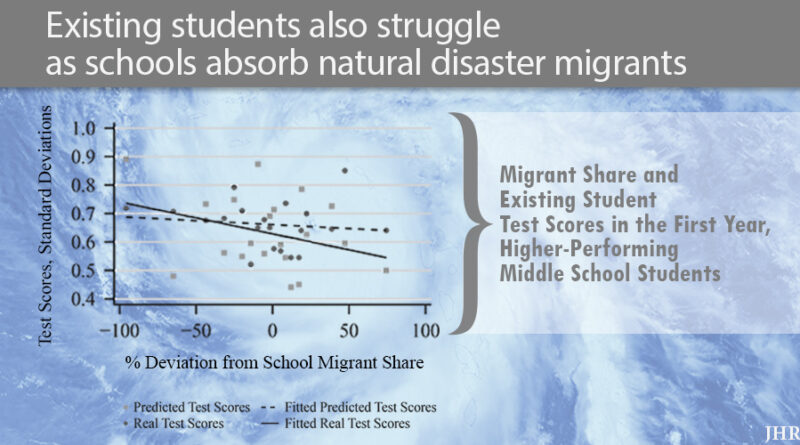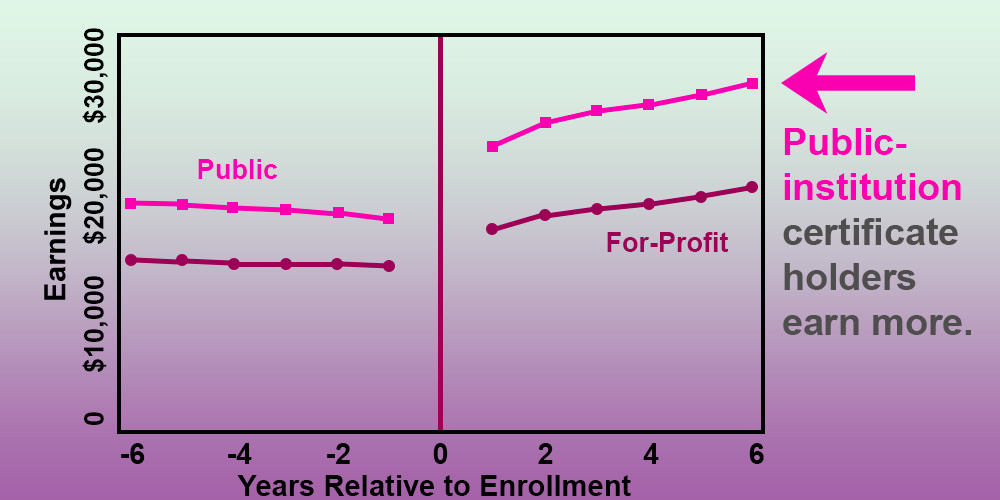As Climate-Induced Migration Becomes Common, How Are Schools Affected?
September 20, 2022 marks the fifth anniversary of Hurricane Maria’s landfall on Puerto Rico, which resulted in thousands of deaths and hundreds of thousands of Puerto Ricans leaving the island. Since then, severe natural disasters have become more common, both in the United States and abroad, furthering concerns about the consequences of forced migration driven by climate change. Understanding and alleviating the effects of severe disasters on these migrants is of utmost importance, but researcher Umut Özek also looks further, to assess the effects on the communities that receive these migrants.
In particular, Özek studied the impact of a large influx of Puerto Rican migrants on the outcomes of existing students in a large, urban school district in Florida that received the largest share of Puerto Rican migrants in the wake of Hurricane Maria.
Using the variation in migrant share within schools across grades, Özek finds adverse effects of the migrant influx in the first year on existing student test scores, disciplinary problems, and student mobility, especially among high-performing students in middle and high school. These issues persist in the second year among high performers. In other words, high-performing students in grades that received more migrants fared worse than other high-performing students in the same middle and high school in the short term.
How would the presence of migrants affect other students? The study finds evidence of schools reallocating resources—teachers in particular. School administrators moved more effective/experienced teachers from advanced courses to remedial courses to accommodate the needs of entering migrants. In particular, the results indicate that high-performing middle school students in grades that received more migrants were less likely to have more effective teachers (as proxied by teachers’ contribution to student test scores) or more experienced teachers compared to other high-performing students in the same school.
This study suggests a broader scope is needed to understand climate-related disasters: Current cost estimates associated with severe natural disasters likely underestimate the true cost of these disasters. Özek: “These findings highlight the need to better understand the effects of climate migrants on host communities. Further, they provide evidence that a large, unexpected migrant influx affects the educational outcomes of existing students through channels other than changes in peer quality, raising concern about using unexpected migratory flows to identify peer effects in education.”
Read the study in the Journal of Human Resources: “Examining the Educational Spillover Effects of Severe Natural Disasters: The Case of Hurricane Maria” by Umut Özek.
***
Umut Özek (@uozek) is Principal Economist at the American Institutes for Research.




